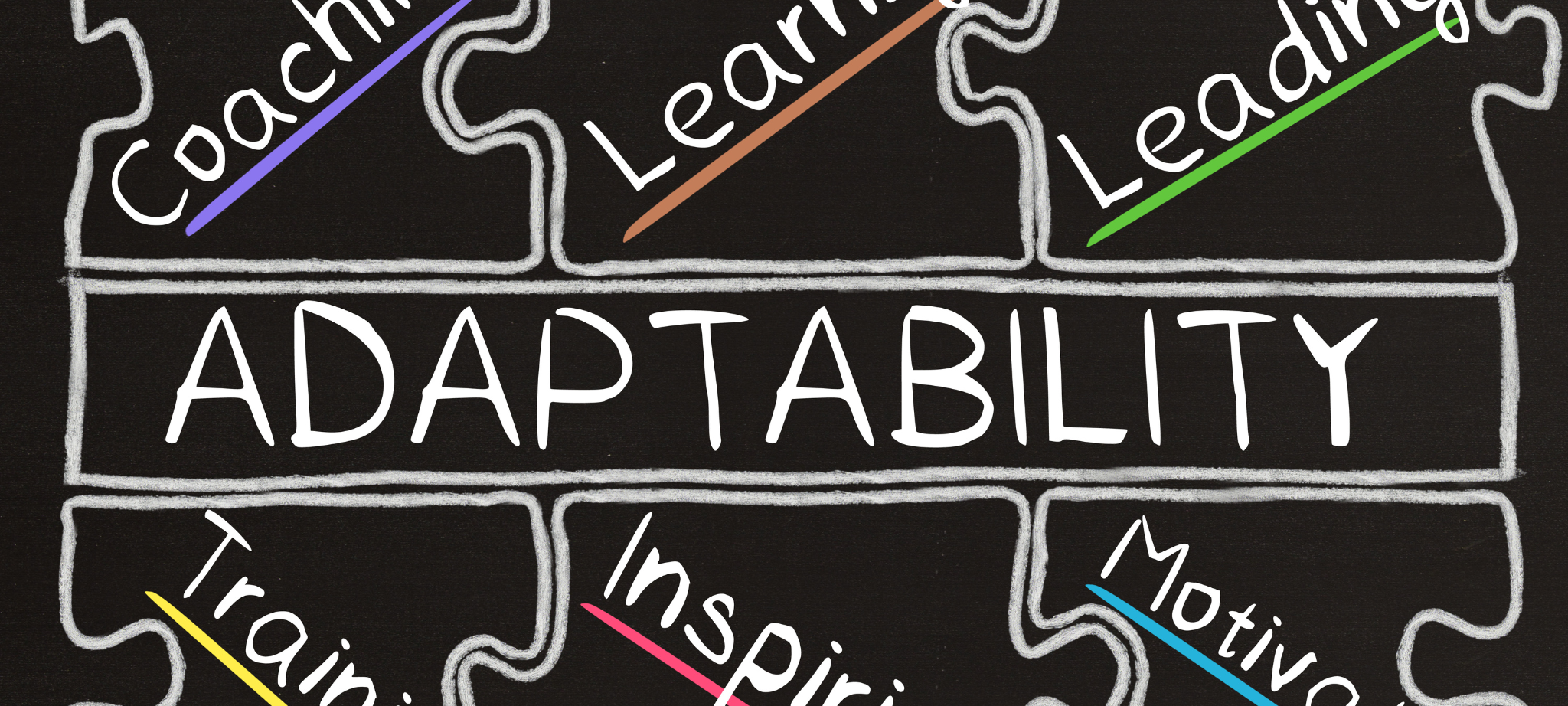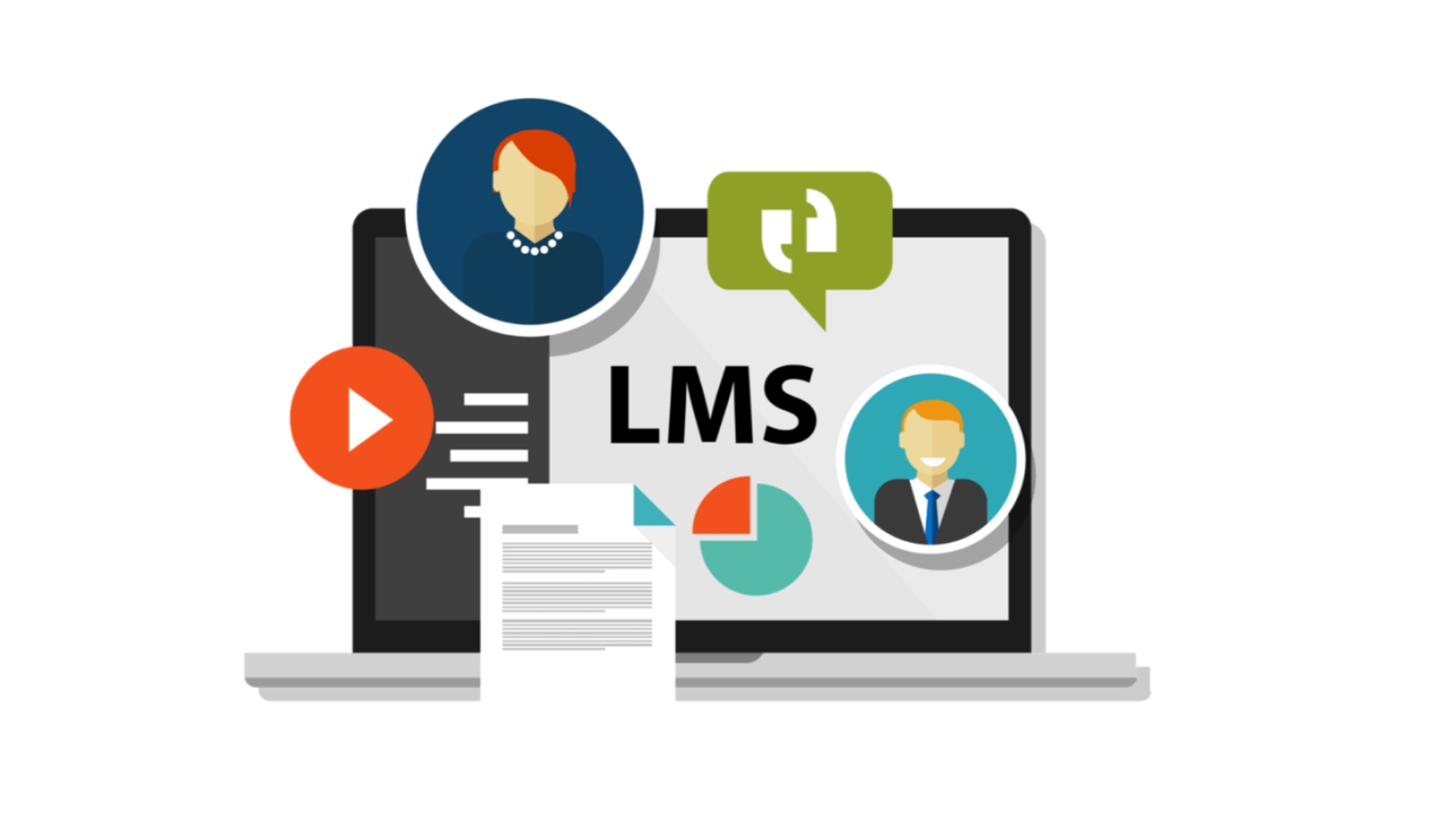Organizations that don't provide their employees with adaptability training are at a disadvantage.
Without adaptability training, employees will struggle to keep up with the ever-changing demands of the workplace.
This can lead to frustration, lower morale, and even decreased productivity.
Employees who are not trained in how to adapt to change can become resentful when changes are made at work.
They may feel like they are being asked to do too much, or that the organization is not keeping up with the times.
This can lead to them feeling unmotivated and uninterested in their work. As a result, they may start missing deadlines, making mistakes, and generally not meeting expectations.
Providing employees with adaptability training can help them feel more comfortable with change and less resentful of it.
With the right tools and support, they will be better equipped to handle whatever changes come their way.
As a result, they will be more productive, happier, and less likely to leave the organization.
In this article, you will learn all you need to know about adaptability training and more.
What Is Adaptability Training?

Adaptability training is a type of training that helps individuals to become more flexible and adaptable in their thinking and behavior.
This type of training can be beneficial for people who need to learn how to cope with change or who find it difficult to adjust to new situations.
It typically involves learning new strategies and skills for dealing with change, practicing these skills in different scenarios, and receiving feedback on one's progress.
Why Is Adaptability Important In The Workplace?
Adaptation is important in the workplace for thriving in times of change and tackling new challenges. This is particularly vital for leaders and their teams during turbulent periods, such as a pandemic, or an economic crisis.
Those who can adapt swiftly can embrace change to ensure productivity and quality aren't compromised. It's not merely about stating a willingness to change; leaders must actively utilize their flexibility and openness to drive success in both professional and personal realms.
Types Of Adaptability Skills

Let’s have a look at the different types of adaptability skills.
1. Cognitive Adaptability
Cognitive adaptability is the ability to think flexibly and creatively to solve problems.
It involves being able to see things from different perspectives, understand new concepts quickly, and come up with new ideas.
Cognitively adaptable people can deal with change and uncertainty.
They are flexible thinkers who are innovative when it comes to finding solutions to problems.
Cognitive adaptability is a valuable skill in today’s ever-changing world.
It is especially important in workplaces where there is a need for creativity and innovation.
Employers are increasingly looking for candidates who can think outside the box and come up with creative solutions.
If you want to improve your cognitive adaptability, there are a few things you can do.
- First, try to expose yourself to newer ideas and different ways of thinking. This can be done by reading books, talking to people from different backgrounds, and traveling to new places.
- Second, practice brainstorming and problem-solving. Come up with as many ideas as you can for solving a problem, no matter how crazy they may seem at first.
- And finally, don’t be afraid of change – embrace it! Be open to trying new things and experimenting with different ways of doing things.
2. Personality Adaptability
Personality adaptability is a skill that can be incredibly useful in many different situations.
It allows people to change their behavior or attitudes to better suit their current situation.
Developing adaptability and flexibility in your personality can be helpful in both personal and professional contexts.
For example, someone who is naturally shy may need to be more outgoing when they start a new job that requires them to interact with customers daily.
Or, someone who is typically very organized may need to be more flexible when they are working on a project with a tight deadline.
Being able to adapt one's personality can make someone more successful in both their personal and professional lives.
It can help them build better relationships, navigate difficult conversations, and handle challenging situations.
Personality adaptability is a valuable skill for anyone looking to improve their overall well-being.
3. Emotional Adaptability
Emotional adaptability is the ability to effectively manage and respond to emotions.
It is a critical life skill that can help you navigate through challenging situations, manage stress, and build resilience.
This is the ability to adapt one's emotions and behavior to changing circumstances.
And while it might not be as widely talked about as emotional intelligence, it's still an important skill to have in the workplace.
For example, let's say you're working on a team project and one of your team members suddenly becomes very angry and confrontational.
If you can develop emotional adaptability and flexibility, you'll be able to quickly adjust your own emotions and behavior to diffuse the situation and prevent it from escalating.
Or maybe you're dealing with a difficult customer service issue.
Again, being emotionally adaptable will allow you to remain calm and professional, even when the customer is being irrational.
The bottom line is that emotional adaptability can help you better deal with challenging situations at work.
And that can lead to improved job performance, increased satisfaction, and reduced stress levels.
There are a few key things that you can do to develop emotional adaptability.
- First, it is important to become aware of your emotions and how they impact you.
- Second, you need to learn how to regulate your emotions – this means knowing when and how to express them in healthy ways.
- Finally, you must practice using emotional intelligence skills such as empathy and communication.
Benefits Of Flexibility And Adaptability In The Workplace

There are many benefits to adaptability training and flexibility and adaptability in the workplace, both for individuals and businesses.
1. Cope With Change
Perhaps the most obvious benefit is that it can help people to cope with change.
We live in a constantly changing world, and those who can adapt to change easily are usually more personally and professionally successful.
2. Develop New Skills
Those who can adapt to new situations and learn new skills quickly are often very successful in various fields.
This is because they can take advantage of opportunities as they arise, instead of being stuck in their comfort zone.
3. Increase In Flexibility
Additionally, this type of training can help people to become more flexible in their thinking.
Those who can think flexibly are usually better at problem-solving and creative thinking.
This is because they are open to different ways of doing things.
So, as you can see, there are many benefits to this type of training.
It can help individuals and businesses to cope with change and become more flexible in their thinking.
If you want to be successful in today's world, training for adaptability is definitely something you should consider.
4. Increase In Productivity
Organizations that provide employees with training for flexibility and adaptability in the workplace can expect a boost in productivity.
When workers face new or challenging situations, they often fall back on old habits and ways of doing things.
This can lead to frustration and ultimately a decrease in productivity.
Such training helps employees learn new ways of thinking and approaching tasks. It also teaches them how to manage change effectively.
As a result, employees are better equipped to handle change in the workplace, which leads to increased productivity.
Train Your Employees With Oreed
If you are looking for a platform to train your employees, look no further. Oreed is one of the best options available out there.
1. Better Employee Awareness
With Oreed, you can have 360-degree awareness of your employees.
This will help you have a better understanding of your employees as well as gauge their training needs more extensively.
2. Development Of Training And Courses
Once you have a good employee understanding and know which training/courses would help them increase their productivity and performance, you can develop their training/courses accordingly.
Moreover, Oreed will facilitate you with tailor-made training/courses.
3. Measure The Effectiveness
With us, you will be able to measure the impact and effectiveness of your courses/training.
So what are you waiting for? Book a demo with Oreed today to find out more about what we have to offer.
Promote lifelong learning through Oreed by experiencing the most powerful all-in-one training and development intelligent platform that streamlines all your organization's learning, training, and development activities in one place.
Final Thoughts
Adaptability training can benefit individuals and organizations alike.
By definition, training for adaptability helps people to develop the skills and knowledge necessary to cope with change.
This type of training can help people to deal with both expected and unexpected changes in their work environment, and can ultimately lead to increased productivity and effectiveness.
There are a few key things to keep in mind when it comes to this type of training.
- First, it is important to make sure that the training is tailored to the specific needs of the individual or organization.
- Second, it is important to ensure that the training is relevant and up-to-date.
- Third, creating a supportive environment in which people feel comfortable learning new skills and strategies is essential.
- Finally, it is important to remember that adaptability is an ongoing process; therefore, regular check-ins and refresher courses may be necessary.
FAQs
1. What is adaptability and why adaptation is important?
Adaptability is the ability to change or be changed to suit a particular situation or purpose.
Being adaptable is an important quality to have in life as it allows us to cope with different situations, embrace change overcome challenges and take advantage of opportunities.
2. What is an excellent example of adaptability?
An example would be, if there is a new company policy or procedure that is implemented, this type of employee can adapt and follow the new rules without any issues.
Another example of adaptability in the workplace is an employee who can take on new tasks and responsibilities when asked.
This could be due to a coworker going on leave, or a new project being assigned.





